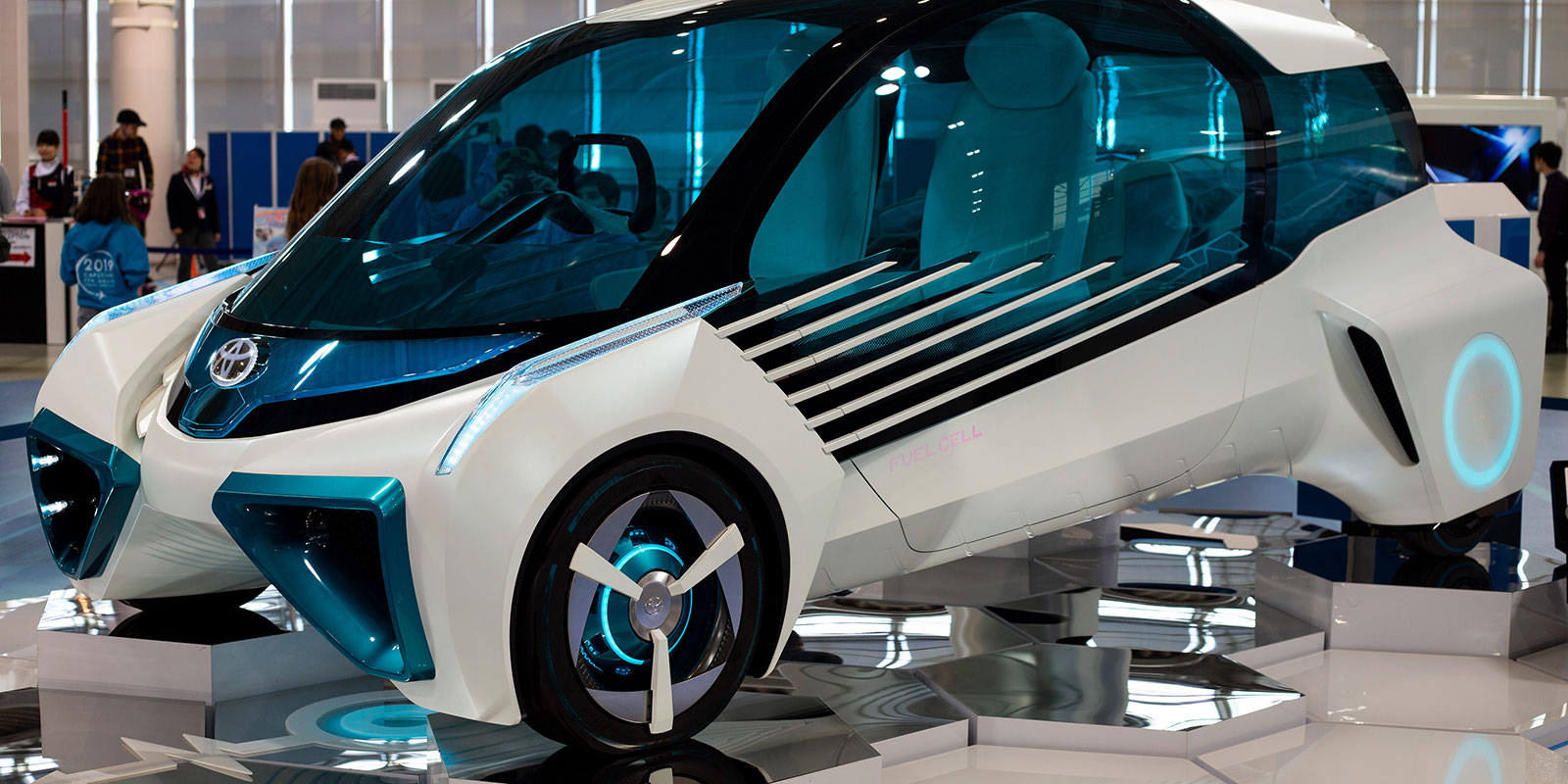Chemical reaction
Hiroshi Fukushima, senior managing officer of the Iwatani Corporation, talks to Yukie Yamashita about the Japan Hydrogen Association and how this zero-carbon fuel can help power Japan’s future
How did the Japan Hydrogen Association (JH2A) come about?
In recent years, hydrogen initiatives have been formulated in Europe as well as in the US and China, where efforts to commercialize hydrogen have been accelerating. Against this backdrop, in March 2020, interested parties in Japan came together to propose the formation of a group that would help bring about a hydrogen-powered society as quickly as possible. The group included the top executives of what came to be the nine founding members of the JH2A (Iwatani Corporation, ENEOS, Kawasaki Heavy Industries, KEPCO, Kobe Steel, Toshiba, Toyota, Sumitomo Mitsui Financial Group, and Mitsui & Co.).
Although Japan was long ahead of the rest of the world in technologies such as solar cells, storage batteries, and semiconductors, we have unfortunately fallen behind as the market has matured. In order to avoid a similar situation with hydrogen, the JH2A was established to help the private sector take the initiative and work toward early implementation.
What is the Iwatani Corporation’s vision for hydrogen?
The company’s founder, Naoji Iwatani, saw hydrogen as the ultimate energy source and was involved in the hydrogen business from early on. For example, our company’s hydrogen was used as fuel for a rocket launched from the Tanegashima Space Center in the 1980s.
Our current chairman, Akiji Makino, has built upon Iwatani’s ideas. We are a pioneer in the Japanese hydrogen business, which includes hydrogen refueling stations. My impression is that these ideas have blossomed and momentum for them has been gathering since Prime Minister Suga’s decarbonization declaration of October 2020. Hydrogen is an element found everywhere on earth and it contains no carbon. Using hydrogen as an energy source is the ultimate goal in the field of renewable energy.
 Hiroshi Kimura | Unsplash
Hiroshi Kimura | Unsplash
Is the JH2A active beyond Japan as well?
Current hydrogen technologies and supply chains are international, so cooperation with the rest of the world is crucial for hydrogen use in Japan. Our eventual aim is to produce hydrogen domestically, but for the time being I believe that international cooperation is essential to keep costs manageable and to secure locations for purposes such as carbon dioxide capture and storage (CCS). The global hydrogen market is still in its early stages. There are issues to be resolved, such as regulatory questions and how to define so-called green hydrogen. Standards will need to be set together with the rest of the world.
How can hydrogen help Japan achieve carbon neutrality by 2050?
The deployment of more hydrogen stations is crucial, considering the possibility that trucks and other commercial vehicles will be replaced by fuel cell vehicles in the future. As hydrogen- powered large fuel cell vehicles, ships, and airplanes become more common, the amount of hydrogen handled will increase, and thus costs can be expected to decrease. With this in mind, we hope to lobby the national and local governments for deregulation and supportive measures, including for the conversion of vehicles to ones powered by hydrogen.
 Darren Halstead | Unsplash
Darren Halstead | Unsplash
“Our eventual aim is to produce hydrogen domestically but for the time being I believe that international cooperation is essential to keep costs manageable”
How do you hope Japan will promote the use of hydrogen?
The ultimate goal is to produce hydrogen domestically, but seeing that imports are necessary for now, the government’s resource diplomacy plays an important role. The public and private sectors are working together to avoid dependence on any one region. I believe that Japan’s hydrogen-related technology will become a major export industry in the future.
What are some of the JH2A’s upcoming activities in Japan?
Hydrogen will be used in the Olympic torch and at the athletes’ village at the Tokyo Olympics and Paralympics. Looking forward to the next big event – the Osaka Expo in 2025 – Iwatani Corporation would also like to provide opportunities for people to become more familiar with hydrogen through initiatives such as the use of hydrogen-powered ships.